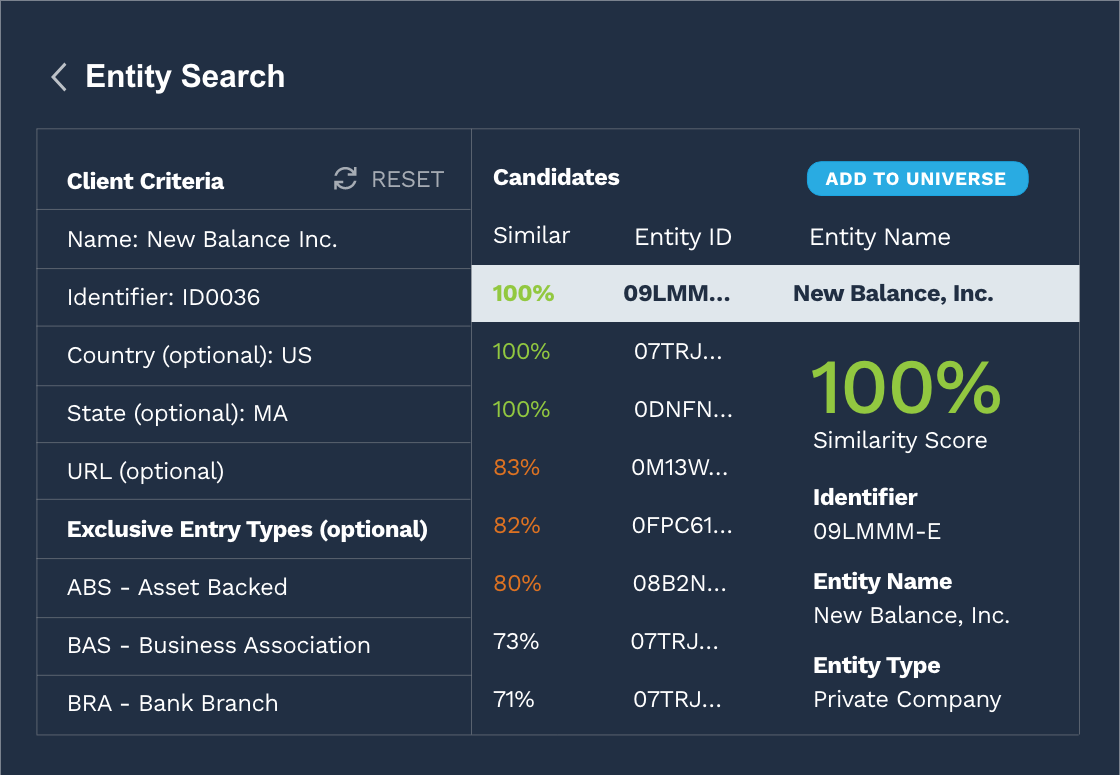6 Top Competitor Analysis Tools for Funding Research
Competitive intelligence allows your company to analyze and track information related to your competition. The goal of competitive intelligence is to empower your business. Competitive intelligence enables your sales and marketing teams to differentiate your business from competitors.
Below are some of the tools we use in competitor research for our customers to analyze competitors and understand what they are doing and what they plan to do next. Let's take a closer look at six of the top competitive intelligence tools used for funding information.
1. EDGAR IPOs
The EDGAR IPO database is a great source of IPO information This website is designed specifically for professionals in the financial industry who need to access real-time SEC filing information that is conveniently located in one place. SEC filings are published in easy-to-comprehend formats. The service includes:
SEC filing information
Quarterly and annual statements
Annual reports
Event-driven disclosures
Insider trading
Shareholder information
IPO/ISO data
Text and graphics
2. Factset
Factset has over one hundred third-party and forty proprietary datasets, accessible via a number of different options. Factset also has AI tools and machine learning helping you to discover signals and access the right information. Around 200K people use Factset to access financial data. As with many of the tools here, clients are mainly financial institutions, but there’s no reason why other companies cannot use these services. Some of Factset’s popular platform products include:
Factset workstation
Advisor dashboard
Portfolio analytics
Data exploration
Fixed-income portfolio analytics
3. IPO Monitor
IPO Monitor offers services to financial businesses that are grouped into seven categories.
Lifecycle Events
Filings: businesses will file a financial statement with the SEC, making this the first step to going public and introducing the company into the IPO Monitor’s database.
IPO Calendar: this lists the companies that have scheduled their IPO pricing and will begin trading in a public market.
Withdrawals: companies who have withdrawn their statement from the SEC
Pricing: companies who have priced their IPO
Aftermarket: pricing performance of a company’s stock
Email Alerts
Pricing alert: real-time alerts when pricing is announced
DailyReport: daily summary of pricings, recent filings, and news articles
IPO Calendar: a list of IPOs that have expected pricing
Aftermarket report: an aftermarket report that has one hundred of the most recent pricings
Weekly Wrap-up: a weekly summary of the “lifecycle events”
Proprietary Reports
Best & Worst: gives a list of the best and worst performing IPOs
Underwriter Reports
Industry Funding
Lock-up Periods
Quiet Periods
Hot IPOs
Search Tools
Basic: search by company name or a stock symbol
Full-text: search the text sections of a business profile
Custom Performance Reports
This allows subscribers to generate an aftermarket performance report around pricing, industry segment of SIC code, securities type, underwriting type and geographic region
IPO Company Profile
Each company has its own separate webpage in the database. When conducting competitor analysis, this is one of the best ways to gain basic information about a competing company.
4. MarketIQ
MarketIQ is another database of financial information, particularly focused on deals. Features include:
International deals database
Quick search option to search company information
Advanced search with customizable search criteria, data views, extraction, export to PDF files
5. The Deal
The Deal website gives deal makers and advisors a range of tools including league tables, special reports, alerts, people coverage, company databases, articles, and newsletters.
The Deal is one of the leading sources of competitive intelligence around corporate deals.
6. Zephyr
The Zephyr company databases have historical detail, comparables and multiple original documents. Zephyr publishes company financials, deal histories and corporate structures. Features include:
Searching via hundreds of criteria
Detailed competitor analysis on sets of deals
Easy-to-read graphs
Customizable alerts
Deal league tables
Zephyr provides data for 4M+ companies worldwide.
Wrapping it up
We hope after reading this article that you've gained a better understanding of how competitive intelligence tools can help with finding funding information. With plenty of competitive intelligence tools available, it’s essential to select the most appropriate ones. Our list of the top six competitive intelligence tools covers everything from shareholder information to international deals databases, to produce the strongest competitor analysis.







